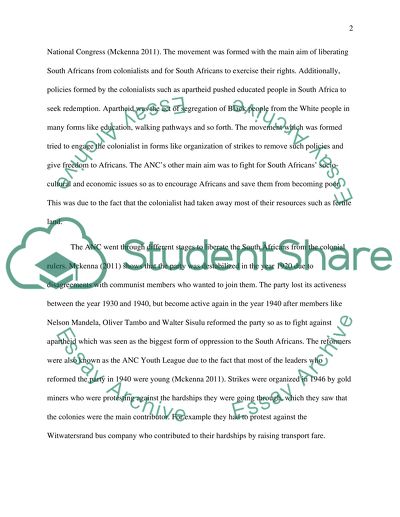Cite this document
(“What forms did african nationalism take down to the 1960's Essay”, n.d.)
Retrieved from https://studentshare.org/history/1474729-what-forms-did-african-nationalism-take-down-to
Retrieved from https://studentshare.org/history/1474729-what-forms-did-african-nationalism-take-down-to
(What Forms Did African Nationalism Take down to the 1960'S Essay)
https://studentshare.org/history/1474729-what-forms-did-african-nationalism-take-down-to.
https://studentshare.org/history/1474729-what-forms-did-african-nationalism-take-down-to.
“What Forms Did African Nationalism Take down to the 1960'S Essay”, n.d. https://studentshare.org/history/1474729-what-forms-did-african-nationalism-take-down-to.


